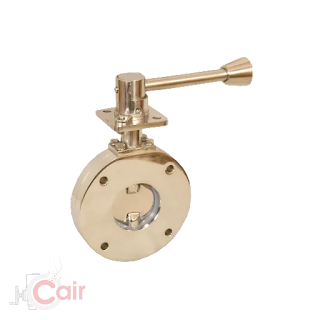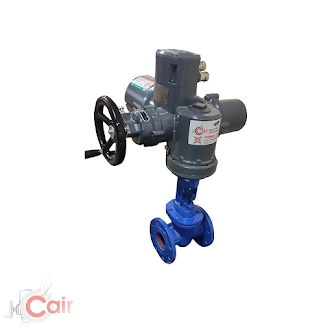A Comprehensive Guide to The Construction and Function of PP Ball Valves
In the world of industrial applications, precision and reliability are paramount. This is where PP (Polypropylene) ball valves step in as unsung heroes. These unassuming components play a pivotal role in ensuring the seamless operation of various processes. In this article, we will delve into the advantages of using PP ball valves in industrial settings, shedding light on their unique features and benefits.
Understanding PP Ball Valves
What Are PP Ball Valves?
A PP ball valve is an industrial valve designed to control the flow of liquids or gases. They consist of a spherical disc (the ball) with a hole in the middle, which can be rotated to allow or block the flow. These valves are made from polypropylene, a thermoplastic known for its exceptional chemical resistance and durability.
How Do They Work?
When the handle or actuator is turned, the ball inside the valve rotates. In the open position, the hole aligns with the pipe, allowing fluid to pass through. Conversely, in the closed position, the ball is perpendicular to the pipe, effectively blocking the flow.
Advantages of Using PP Ball Valves
Chemical Resistance
One of the primary advantages of PP ball valves is their outstanding chemical resistance. They can withstand a wide range of corrosive chemicals, making them ideal for industries dealing with aggressive substances.
Durability
Polypropylene is renowned for its durability. PP ball valves can endure harsh operating conditions without deteriorating, ensuring a long service life.
Lightweight
Compared to metal valves, PP ball valves are significantly lighter. This makes installation and maintenance more manageable, reducing labor and equipment costs.
Cost-Effective
The initial cost of PP ball valves is generally lower than their metal counterparts. Additionally, their longevity and low maintenance requirements contribute to cost savings over time.
Easy Operation
PP ball valves are known for their ease of operation. With a simple quarter-turn of the handle, they can be opened or closed quickly, minimizing downtime.
Leak Prevention
The design of PP ball valves minimizes the risk of leaks. When closed, the ball creates a tight seal, preventing any unwanted fluid leakage.
Environmental Friendliness
Polypropylene is a recyclable material, aligning with sustainability goals and reducing the environmental impact.
Conclusion
The advantages of using PP ball valves in industrial applications cannot be overstated. Their chemical resistance, durability, cost-effectiveness, and ease of operation make them an indispensable component in various industries. Whether you are managing a complex chemical process or a water treatment facility, PP ball valves offer reliability and peace of mind.



Comments
Post a Comment